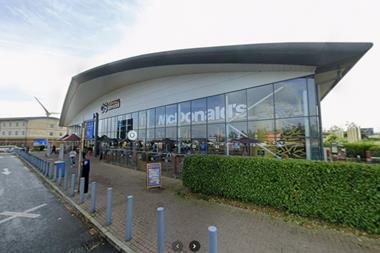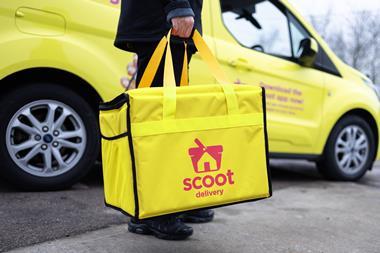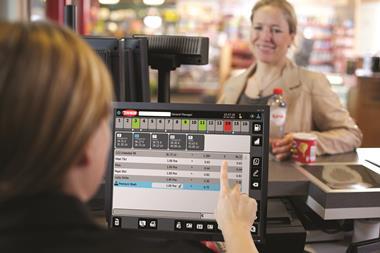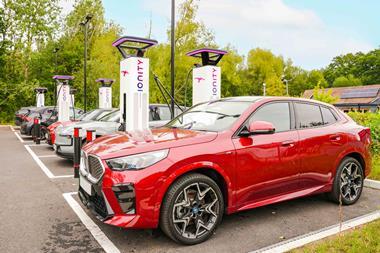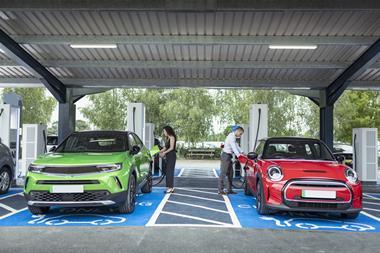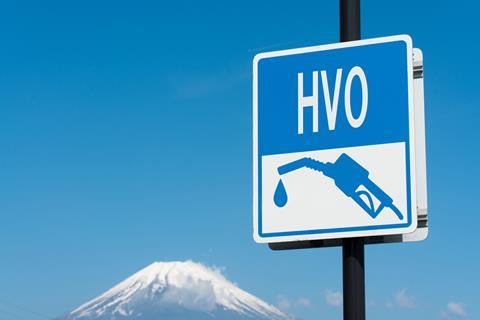
The Department for Transport has launched an investigation into HVO (hydrotreated vegetable oil) after BBC research and whistleblower testimonies indicate that despite ecologically sound promises, “large amounts” of virgin palm oil are often used to produce the fuel.
HVO has gained significant popularity of late. Provisional government figures unearthed by the BBC show the UK consumed 699-million litres of it in 2024, against just eight million in 2019.
The fuel, which is a drop-in replacement for diesel, is effectively a semi-synthetic biofuel made by using hydrogen to treat waste products such as used cooking oil. The fuel produces up to 90% less carbon emissions than traditional diesel when burnt.
HVO can also be made from palm oil, and while palm oil “sludge” – a waste product from palm-oil milling, is said to make up a significant portion of HVO, the BBC says industry whistleblowers have told it they believe “large amounts” of “virgin palm oil” are being “fraudulently relabelled” as palm-oil sludge, before being used to create the fuel.
The Department for Transport told the BBC they “take the concerns raised seriously and are working with stakeholders and international partners to gather further information”.
The production of virgin palm oil is linked to significant deforestation and biodiversity loss, as well as social conflicts over land rights, and the loss of farmland for food crops. Indonesia produces the majority of the world’s palm oil, with Malaysia and Thailand the next biggest sources.
The BBC says data it has analysed show European HVO cannot have contained the amounts of palm-oil sludge said to have been used the production of it and other biofuels, as the amount of this waste that would have been required for the volumes of the fuels made in Europe exceeds the amount “it is thought possible for the world to produce” – indicating the fuels must contain ingredients other than the sludge.
The broadcaster reports that the UK and EU reportedly used around two million tonnes of palm-oil sludge for HVO and other biofuels in 2023, but that data it has seen indicate just one million tonnes of the waste is generated each year, globally.
One large European biofuel manufacturer told the BBC that palm oil “floods the market like cancer”, while a former biofuels trader told the organisation: “I believe that what I bought was multiple cargos of virgin palm oil that has been wrongly classified as palm oil sludge”, adding: “I called one of the board members and told them about the situation, and then I was told that they didn’t want to do anything about it, because the evidence would be burned.”
Construction firm Balfour Beatty previously ruled out using HVO for its vehicles, producing a 2022 position paper that stated: “Given supplies of HVO from sustainable sources are currently limited, there is a strong likelihood that a sharp increase in demand could drive an increase in palm oil derived HVO”. The firm said it was “not adopting HVO” because of concerns such as these.
Dr Christian Bickert, a German farmer and editor with knowledge of biofuels told the BBC he believes much of the HVO allegedly made from sludge is “fake”. He said: “Chemically, the sludge and the pure palm oil are absolutely the same because they come from the same plant, and also from the same production facilities in Indonesia”.
Dr Bickert added that while there is “no paper” to prove the fraud, he considers that “the figures tell a clear story”.
The BBC says the issue could have its roots in the independent certification process HVO raw materials are assessed under, as ISCC, the organisation that conducts assessments “is simply not allowed to send anybody to China” according to Dr Bickert, while certification in Indonesia and Malaysia is also said to be “difficult”.
As a result, the BBC reports that the European Union is set to propose a 2.5-year ban on the ISCC certifying waste biofuels, although the broadcaster says the EU “is expected to say it is not aware of direct breaches of renewable goals.”
The ISCC told the BBC it was “more than surprised” by this move, adding that it had been “a frontrunner in implementing the most strict and effective measures to ensure integrity and fraud prevention in the market for years”, and that the move would “be a severe blow to the entire market for waste-based biofuels”.





















